The people who ideologically follow the doctrine of Islam constitute the second religious group in the world. Nearly one in four people is Muslim, making up 24.1% of the world’s population.
The Muslim calendar is determined by lunar periods. For this reason, the year is eleven days shorter than the lunar calendar and has twelve months called: Muḥarram, Ṣafar, Rabīʿ al-Awwal, Rabīʿ al-Thānī, Jumādā al-Awwal, Jumādā al-Thānī, Rajab, Shaʿbān, Ramaḍān, Shawwāl, Dhū al-Qaʿdah, and Dhū al-Ḥijjah.
Ramadan is the ninth month of great spiritual significance for Muslims in which fasting, prayer, reflection, and community are practiced. The first revelation of the Prophet Muhammad is commemorated and thus the beginning of the Muslim faith. Its fulfillment complies with one of the five pillars of Islam: The profession of faith, prayer, Zakat or alms, fasting, and pilgrimage to Mecca. The name of Ramadan in Arabic comes from the root Ramada, which means burning and fiery, meaning that sins are forgiven as if they were burned.
This 2022 Ramadan runs from April 1 to May 1, according to the year of Hijra (migration of Muhammad to Mecca). During this period, a strict fast is observed. They do not eat food from dawn to dusk, that is, during the hours of sun. In addition, they cannot eat, drink, smoke, or have sexual intercourse between dawn and dusk. You can only eat fish, lamb or chicken, hummus, chickpeas, beans, lentils, cereals and bread, milk and dairy products, vegetables, and fruits. And drink water, but before dawn and after sunset. For this fast, there are some exceptions, such as adults with chronic diseases, who are traveling, pregnant, breastfeeding, diabetic, or during menstruation.
According to the words of the Prophet, Ramadan is one of the names of God. It is the month of divine forgiveness; sins are burned, the doors of heaven are opened, and rewards are increased. It is the spring of the Koran, the gates of paradise open, and the chaining of demons.
The pillars that must be followed during fasting according to Islam are the intention of mind and heart, expressed daily in prayer; maintaining the permitted times to take or abstinence from everything that breaks the fast, avoiding altered moods, and maintaining a state of peace to promote the state of divine consciousness.
For women, Ramadan becomes a time in which they must dress with greater modesty, being socially discriminated against if they wear clothing considered inappropriate, which is why many young women choose to wear the dress called djellaba, which older women usually wear. They should also try not to use makeup or perhaps something very natural.
Women are in charge of having the table ready with food consumed during the permitted time of fasting. In Morocco, preparing a large quantity and variety of pastry recipes is customary. Nazma Khan, the founder of the World Hijab Day Organization, created in 2013, which is the garment that covers the head, encourages thousands of women to wear it during Ramadan and thus educates people in the fight against Islamophobia.




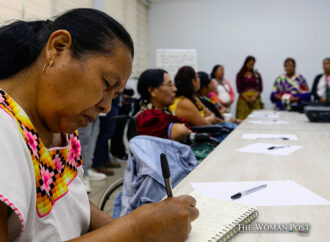
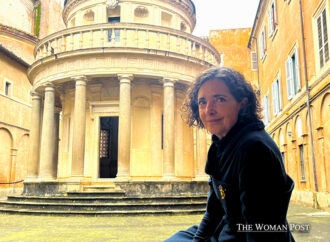

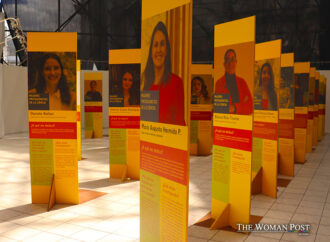
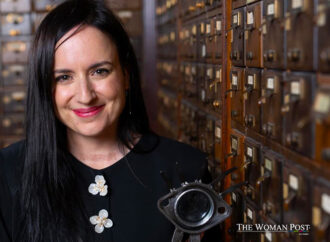





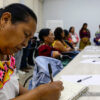




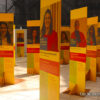

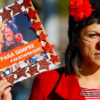



Leave a Comment
Your email address will not be published. Required fields are marked with *